Jedi: Fallen Order feels like EA's last chance to prove it deserves Star Wars
EA scored its Star Wars contract in 2013, and the past six years have been underwhelming.
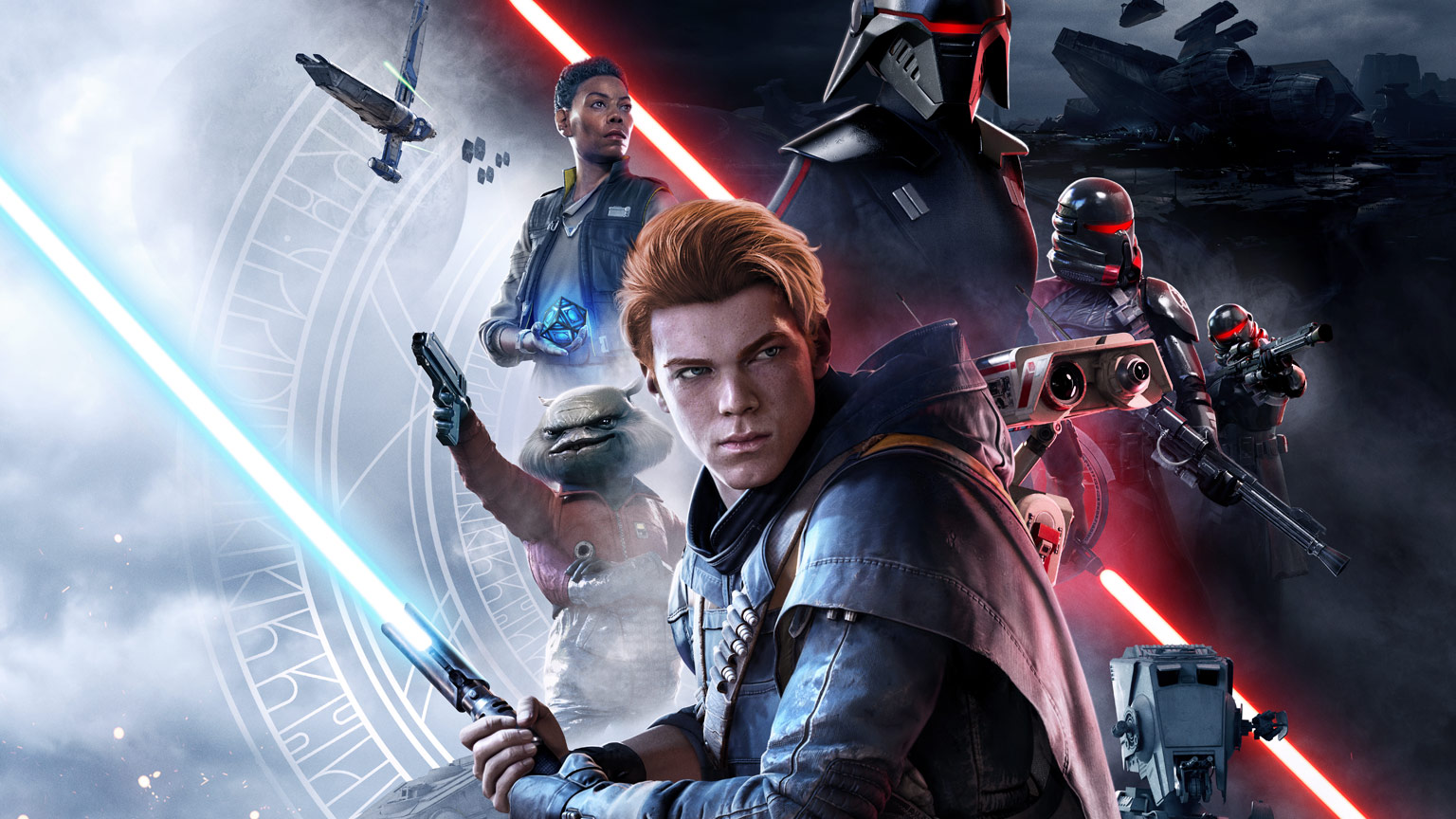
When Disney gutted LucasArts and turned it into a licensing house in 2013, EA scored the 10-year Star Wars contract that all the other big publishers surely wanted. We're over halfway through that coveted licensing deal, though, and EA has only released two Star Wars games: Battlefront and Battlefront 2. The third, Jedi: Fallen Order, will be out on Friday. Excluding the mobile games and the Warner Bros LEGO games, that's just three new Star Wars games in six years at a time when Star Wars is at the peak of its popularity and saturation.
Fallen Order will have to be outstanding if it's going to restore confidence in EA's grasp of the world's favorite sci-fi universe.
You certainly can't accuse EA of milking the license, but the slow start makes it feel like Jedi: Fallen Order is showing up late to a party toting a case of beer after everyone's moved on to champagne. The decades-long Skywalker saga is coming to a close with The Rise of Skywalker in December. It's a massive pop culture event and a fitting cap to a decade obsessed with massive Disney film franchises. Now here's some new guy with a lightsaber in what appears to be a by-the-books action adventure game. It's not quite on the same level.
Adding to the pressure on Fallen Order is that it's the only game for Star Wars fans to look forward to right now. EA has repeatedly hinted at other projects, but has seemed ill-equipped to get moving on a game as ambitious as Cyberpunk 2077—which despite its apparent scope entered production after EA signed its Star Wars deal—or as curious and compelling as Disco Elysium or Control.
Fallen Order will have to be outstanding if it's going to restore confidence in EA's grasp of the world's favorite sci-fi universe, because it hasn't yet given us much reason to believe it was the right steward.
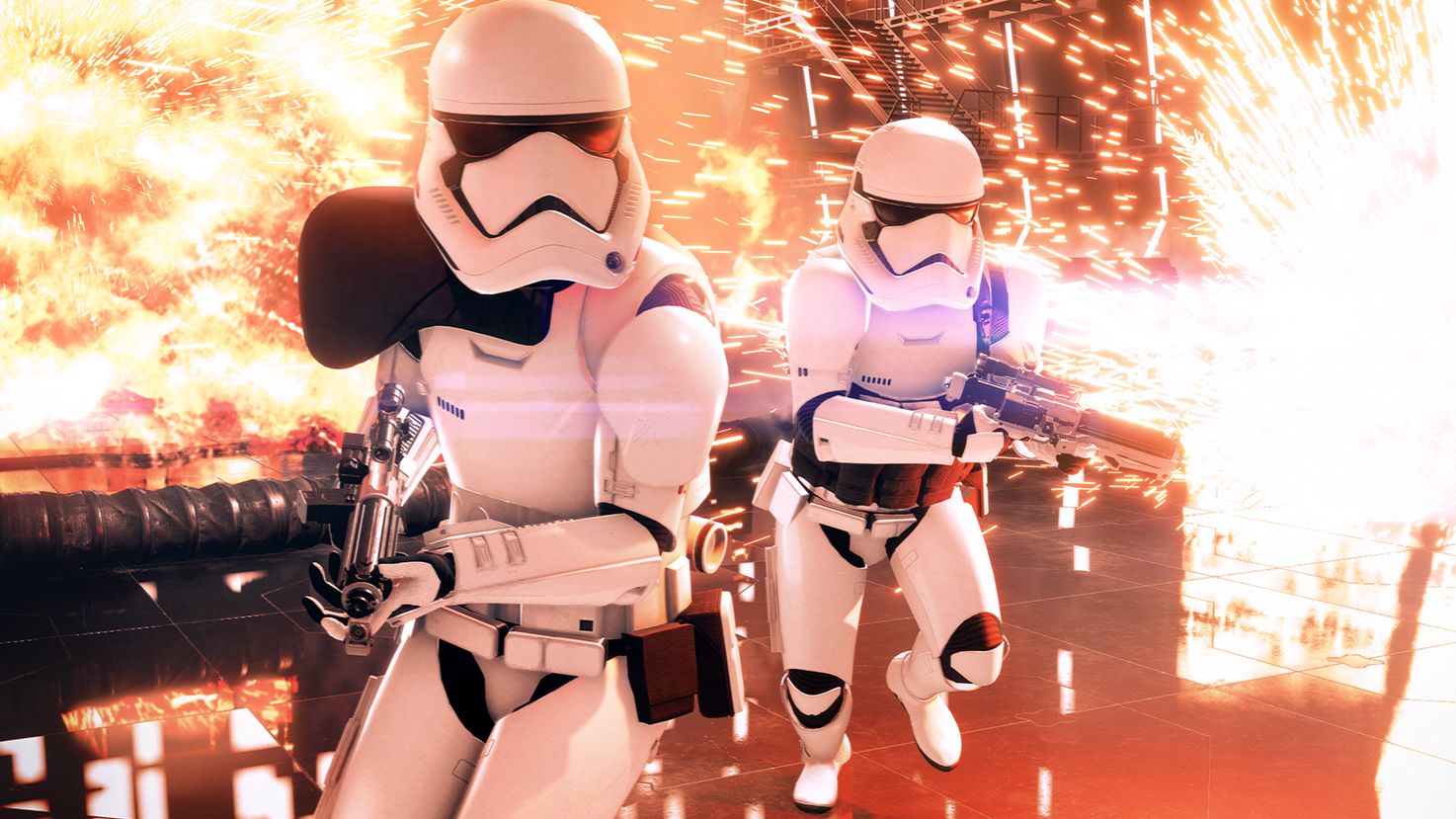
Keeping it conventional
The new Battlefront games aren't bad, but they're multiplayer-focused and so don't satisfy the persistent desire for new stories in the Star Wars universe. Battlefront 2 had a campaign, but it was nothing special. That game will also be remembered as a watershed moment for anti-loot box sentiment, which further soured EA's Star Wars efforts. Regardless of how well Battlefront 2 has developed since release—it does have loyal fans—the original Battlefront 2 from 2005 will be the one remembered as a classic.
Those who want lore have had to look to BioWare's ongoing MMO, The Old Republic, which released before EA signed its current licensing deal. The Old Republic is EA's one shining star, faring far better than the ambitious Star Wars Galaxies, which was shut down in 2011. We gave it a 93% when it released in 2011. To me, though, Galaxies was the more exciting game, even if it didn't work out.
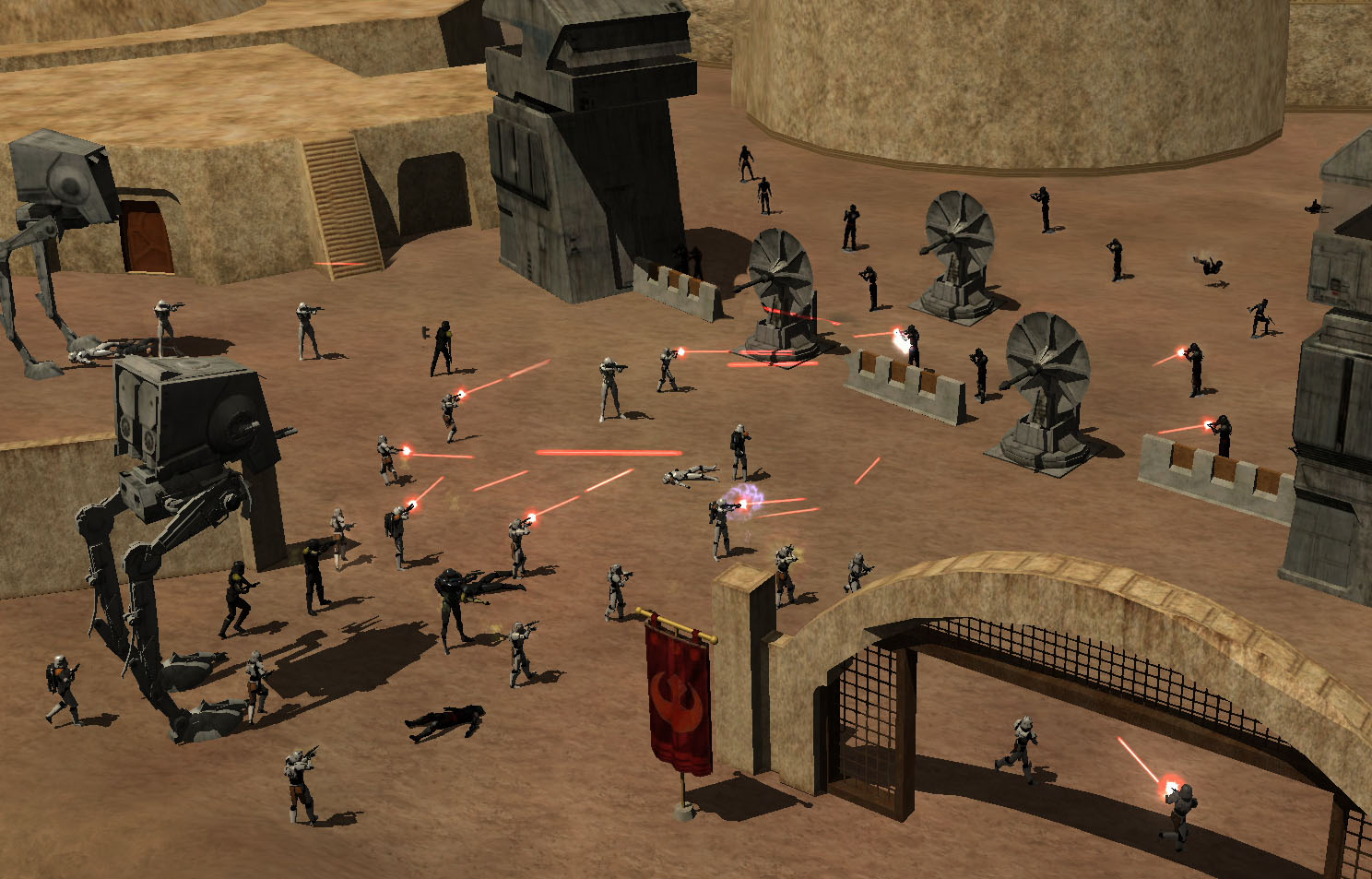
Galaxies was a wild thing at launch—a universe in which space karate ruled, there were no predefined classes, and players worked as doctors, dancers, and store owners. It was a mess, but it was interesting. And then it fell apart under pressure as Sony Online Entertainment and LucasArts transformed it into a more World of Warcraft-like MMO. While The Old Republic is great—we cheekily said that it's the BioWare game you ought to be playing today—it hardly feels bold in the way Galaxies once did.
Keep up to date with the most important stories and the best deals, as picked by the PC Gamer team.
And neither does Jedi: Fallen Order. Wes said it felt "safe" and "conventional" in his recent hands-on preview. I'm expecting lightsaber combat with the exacting finesse Respawn has shown us in Titanfall and Apex Legends, but beyond that, what I've seen so far reminds me of Solo: a familiar, fine Star Wars thing that inspires feelings similar to those induced by a granola snack bar. It could be great, but it's unlikely to go down in history like Knights of the Old Republic.
The three lost Star Wars games
A conventional, safe approach wouldn't be surprising. LucasArts and EA tried the unconventional route three times before the announcement of Jedi: Fallen Order. We never played any of those games.
When most of LucasArts was stamped out by Disney, former employees hoped EA-owned Visceral Games would take over development of the ambitious Star Wars 1313, which would've seen Boba Fett adventuring through a subterranean metropolis. Instead, Visceral started work on a new Star Wars game inspired by an open world pirate game the studio had been working on. "You flew your Millennium Falcon-esque ship around, boarded other ships, raided pirates, got booty, and that kind of thing," a source told Kotaku. (Kotaku's full report on Visceral's last years is full of interesting details about EA's repeated Star Wars blunders.)
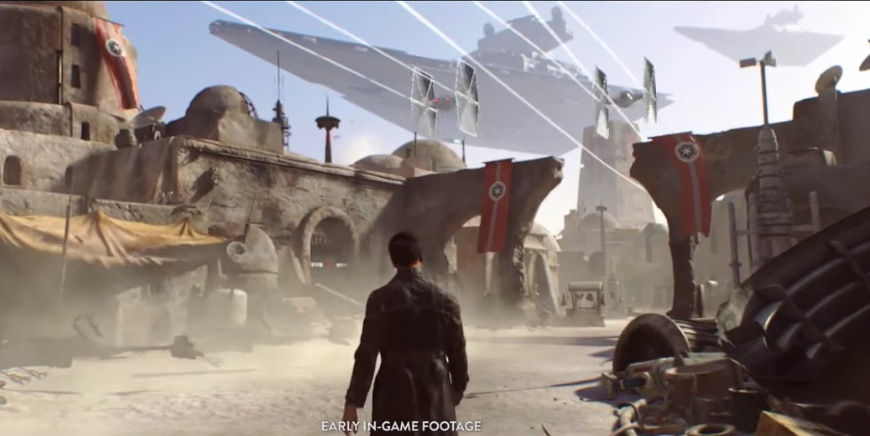
The troubled development of Battlefield Hardline ate into Visceral's resources, and eventually the pirate idea was scrapped in favor of a linear action-adventure game headed by Uncharted director Amy Hennig. Codenamed 'Ragtag,' it would also focus on seedy criminals rather than Jedi, but with the Uncharted series as its benchmark for quality.
As Kotaku describes, disagreements between EA management and Visceral, difficulties with the Frostbite engine, a lack of staff, low morale, massive expectations, and a variety of other issues hampered development, and EA chose to shutter the studio rather than carry on. In just a few years, Star Wars 1313, the pirate game, and the Uncharted-like heist game all evaporated, and around 80 employees were left looking for work.
Enter reliable Respawn
It makes sense that EA turned to Respawn in 2014 while Battlefield Hardline and Ragtag were floundering. Titanfall was a critical hit, but it's uncertain how well it performed financially. EA said that Titanfall 2, despite again being a critical success, didn't quite meet sales expectations. So, what if Respawn made something like that, but with lightsabers? You get award-winning design and a much higher likelihood of commercial success.
Respawn consistently nails the speedy, acrobatic movement you'd want from a singleplayer action game in the Star Wars universe. With a reasonable scope and Chris Avellone in the writer's room, EA could have a good singleplayer Star Wars game out in time for The Rise of Skywalker while taking the pressure off its other studios to deliver a game in 2019.
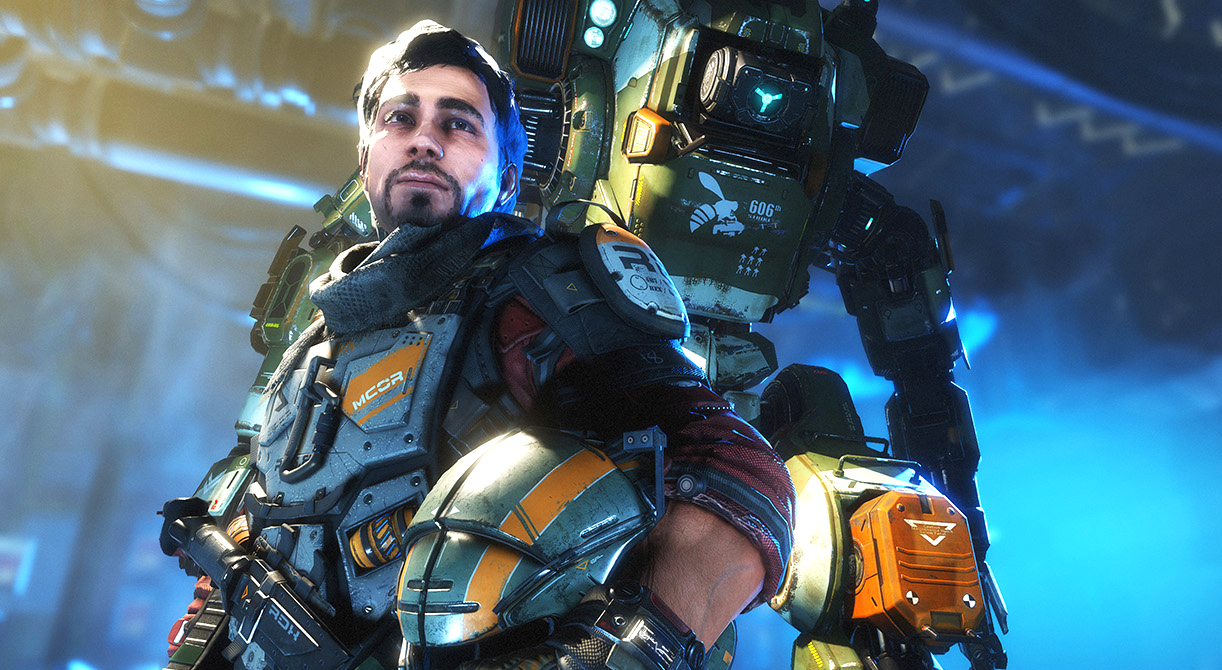
To a degree, it's nice to have limited expectations for a change. We haven't been promised a vast open world pirate game, an MMO with a complex player-run economy, or a game that'll be like Uncharted 4, but better. We've been promised a Respawn game with cool lightsaber combat, and that might be enough.
Fallen Order has a lot of convincing to do.
But if there's nothing exceptional about Fallen Order—or, worse, it's outright bad—it'll be hard not to daydream about what might have happened if Disney had signed up a different partner. A Microsoft deal wouldn't have been very interesting back when EA got the license, but today it's a different story. Microsoft's studios, which now include Obsidian, The Coalition, Double Fine, inXile, and Ninja Theory, all get the imagination going.
Given how long it takes to develop big-budget games these days, I'd expect more major Star Wars announcements to come closer to the end of EA's ten-year project. There's still time, but after watching EA pivot, and then re-pivot, and then close a whole studio over an exciting Star Wars game, Fallen Order has a lot of convincing to do. Is it really an inventive, thrilling new Star Wars story, or is it a milquetoast reaction to Visceral's too-ambitious adventures into the underworld? Is there anything truly bold or experimental about it?
Maybe Fallen Order will be conventional—its story about a young Jedi certainly sounds more familiar than Hennig's gang of space criminals—but elevated enough by Respawn's sophisticated design capabilities to exceed expectations. It's out on Friday, and we'll have a review as soon as we reasonably can.

Tyler grew up in Silicon Valley during the '80s and '90s, playing games like Zork and Arkanoid on early PCs. He was later captivated by Myst, SimCity, Civilization, Command & Conquer, all the shooters they call "boomer shooters" now, and PS1 classic Bushido Blade (that's right: he had Bleem!). Tyler joined PC Gamer in 2011, and today he's focused on the site's news coverage. His hobbies include amateur boxing and adding to his 1,200-plus hours in Rocket League.

